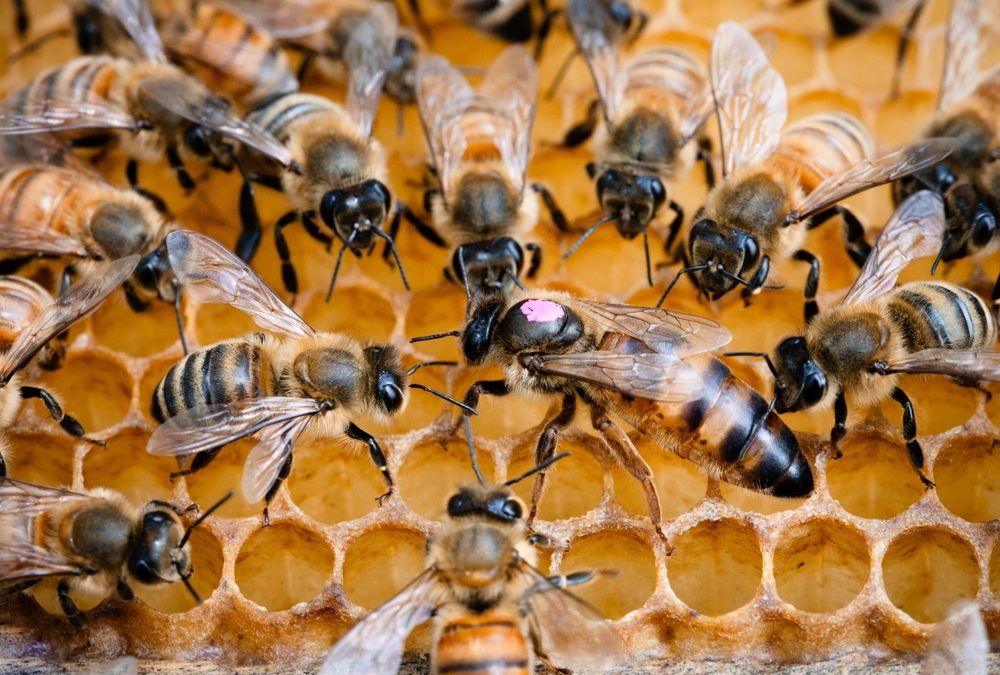Source: Popular Science
A new study from the University of British Columbia reveals that viral infections can trigger “queen coups” in honey bee colonies, a process called supersedure. When viruses shrink a queen’s ovaries, her egg-laying declines along with production of a key pheromone, methyl oleate, which normally signals health and keeps worker bees loyal. As methyl oleate levels drop, workers detect the queen’s weakness and begin rearing her replacement.
This phenomenon, detailed in Proceedings of the National Academy of Sciences (PNAS), explains why beekeepers increasingly report premature queen failures, which disrupt honey production and pollination. Researchers found that supplementing colonies with synthetic pheromone blends containing methyl oleate reduced the likelihood of supersedure, offering a potential management tool. Since viruses often spread via varroa mites, maintaining parasite control could help prevent queen loss. The findings underscore how viral infections destabilize bee colonies vital to global agriculture and food security.
Read the full story HERE: https://www.popsci.com/environment/queen-bees-overthrow/

